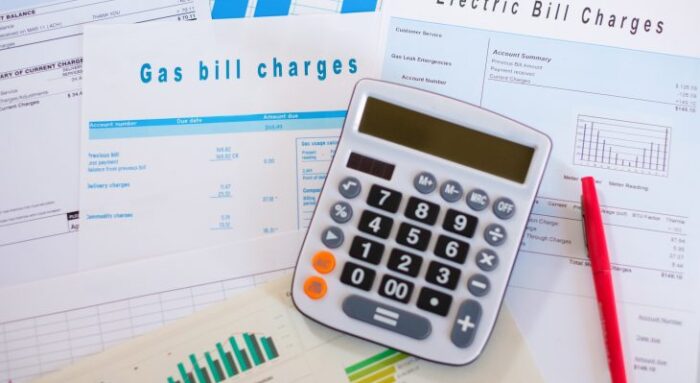The energy price cap is expected to fall from Q2 to Q3 but has been revised upwards for the summer months, latest predictions from Cornwall Insight reveal.
From July 2024, the energy price cap is forecast to stand at £1,559.61 per year for a typical dual-fuel direct debit customer.
The latest prediction by energy analyst Cornwall Insight is down on the £1,690 that will apply from 1 April.
However, its latest forecast for the summer months is slightly higher than initially predicted. Back in January, analysts suggested the energy price cap for Q3 2024 (based on the typical consumption levels of 2,700kWh of electricity and 11,500kWh for gas) would stand at £1,497.15.
Its latest forecast predicts that in Q4 2024, billpayers on their supplier’s standard variable tariff (SVT) will pay an average £1,631.44, while in Q1 2025, the energy price cap will stand at £1,634.20.
It’s important to note that the energy price cap sets a maximum price that energy suppliers can charge for each kilowatt-hour of energy and a daily limit on the standing charge applied, which covers the cost of supplying energy to your home. It isn’t a cap on bills, as how much you pay will depend on the amount of energy you use.
The cap will also vary depending upon where in the country you live, with Cornwall Insight figures representing the national average.
Market turbulence
Will Owen, energy expert at Uswitch.com, said: “Predictions of an 8% fall in energy prices in July are another step in the right direction for households who have been struggling with the cost of living over the last few years.
“Turbulence in the wholesale market is reflected in these predicted prices being higher than the last forecast.
“These new estimates also take account of changes implemented by Ofgem to help suppliers with bad debt, and reducing bills for prepayment meter customers to the levels of those using other payment methods.”





